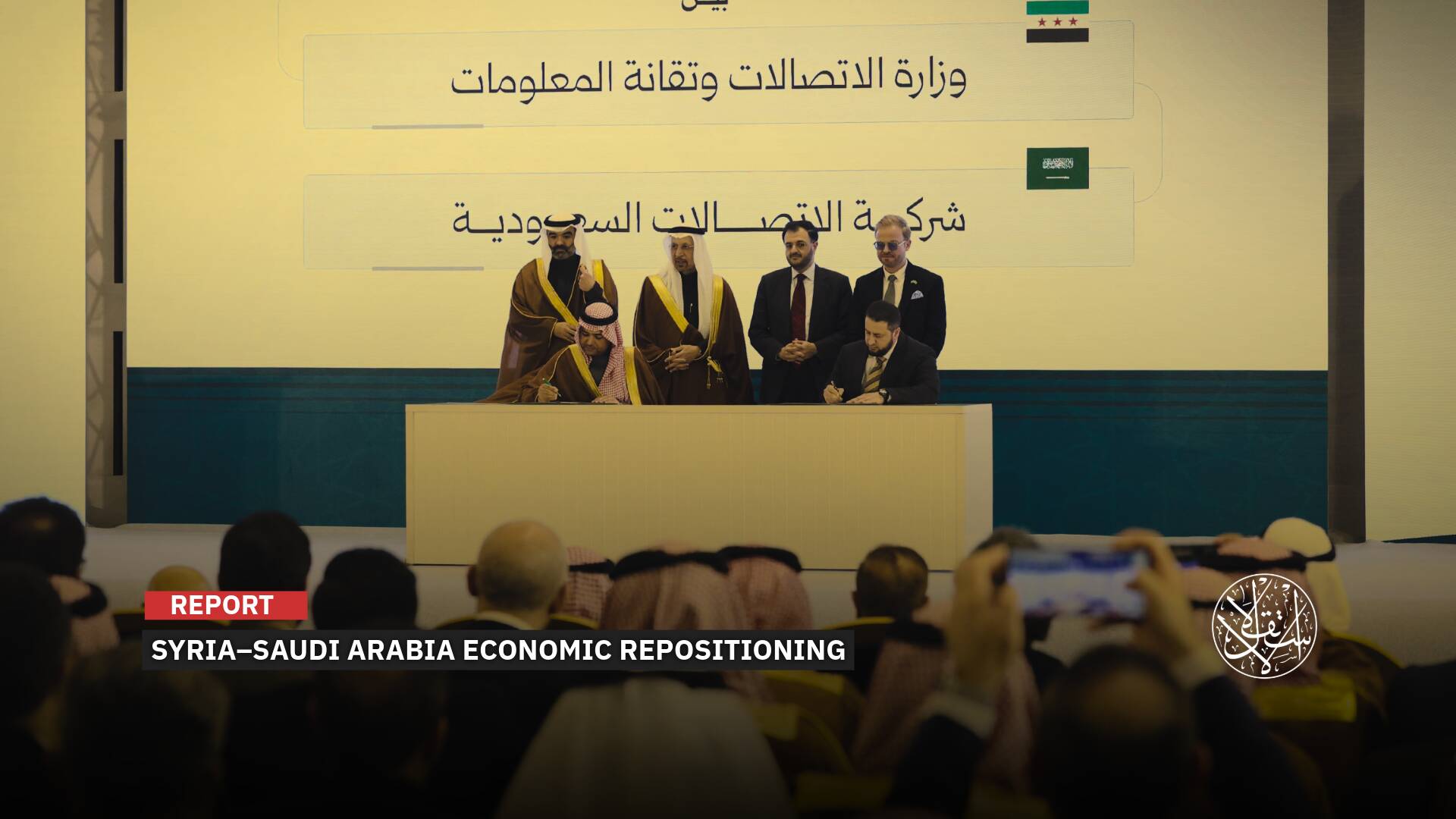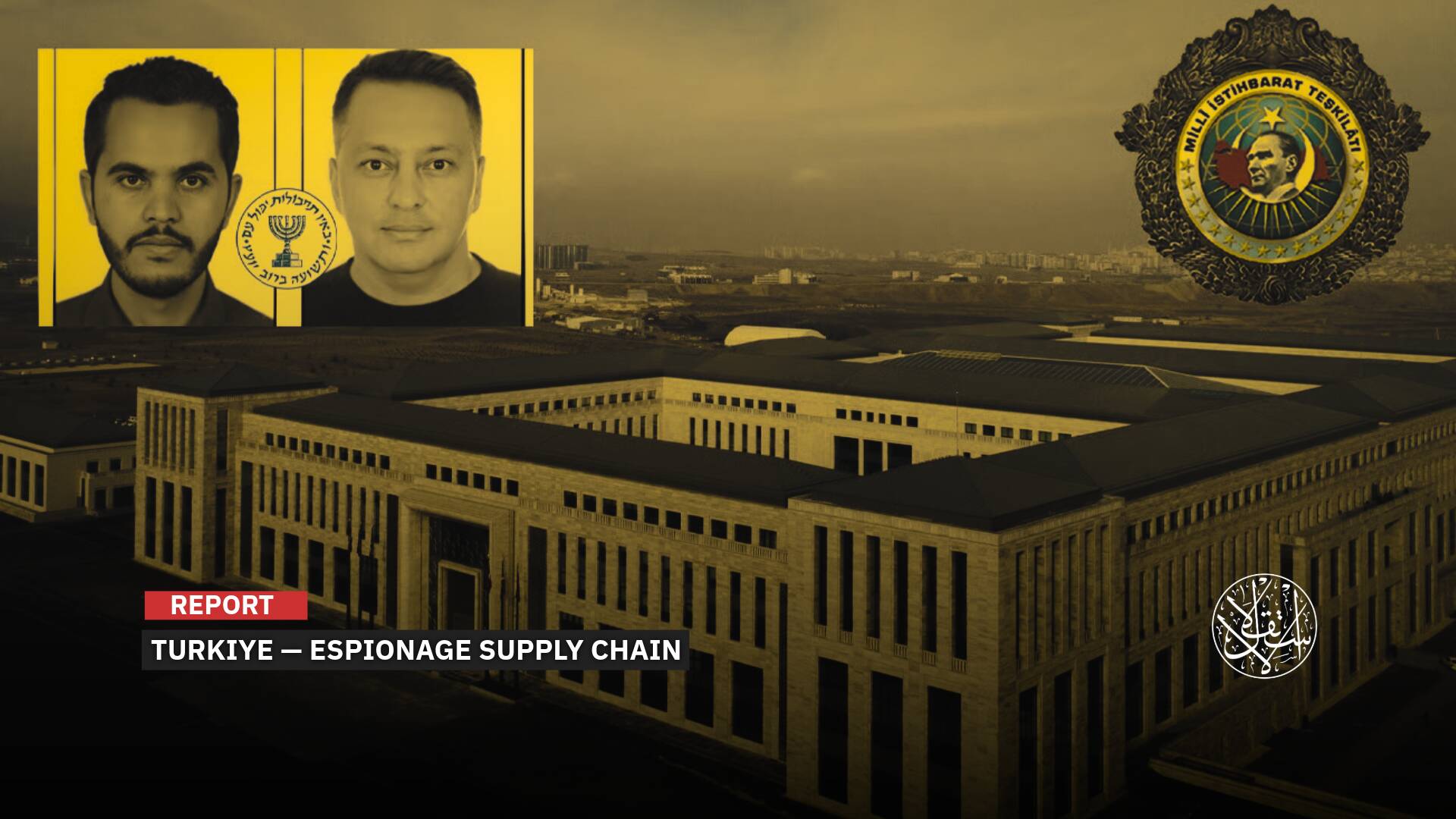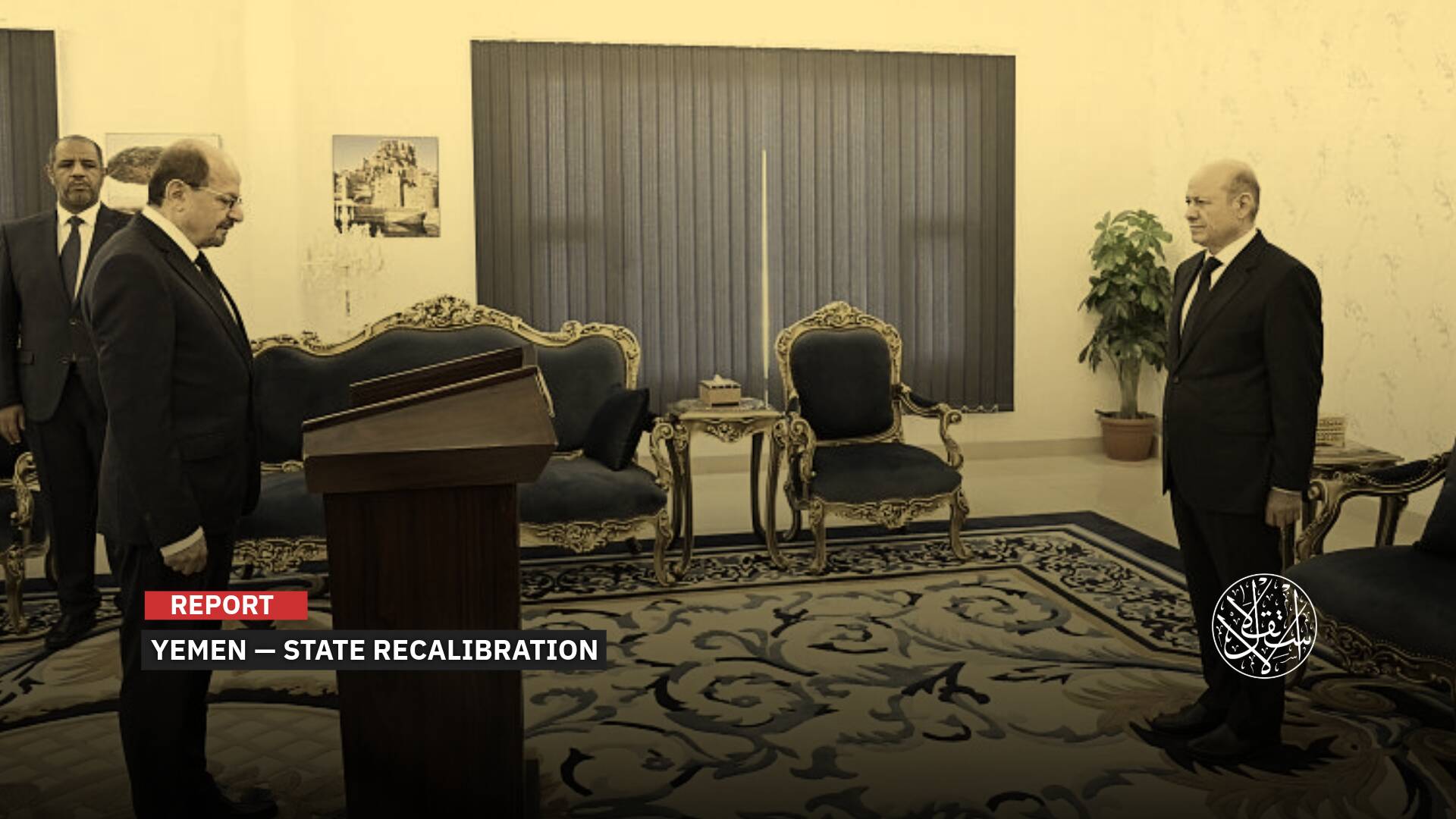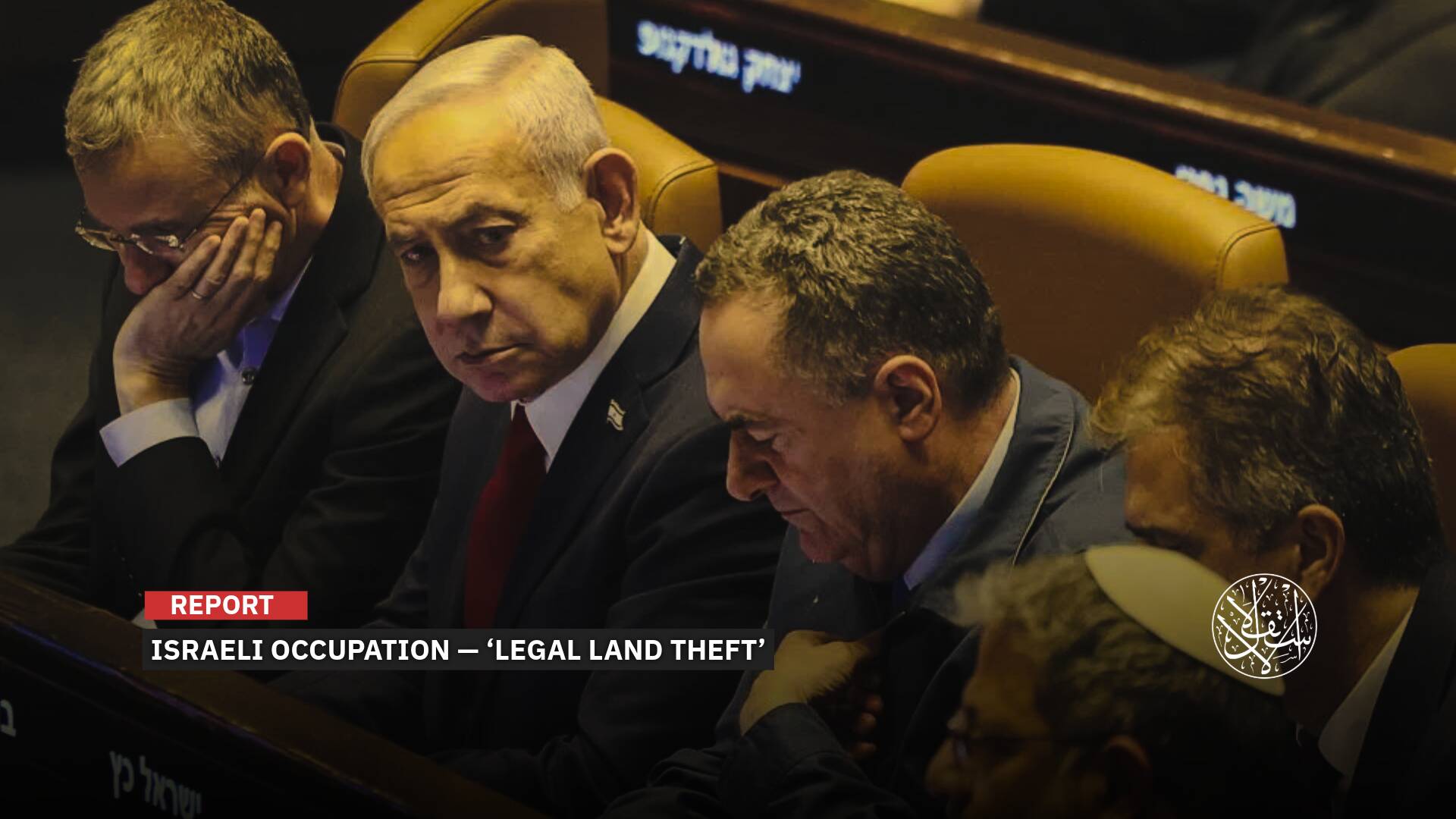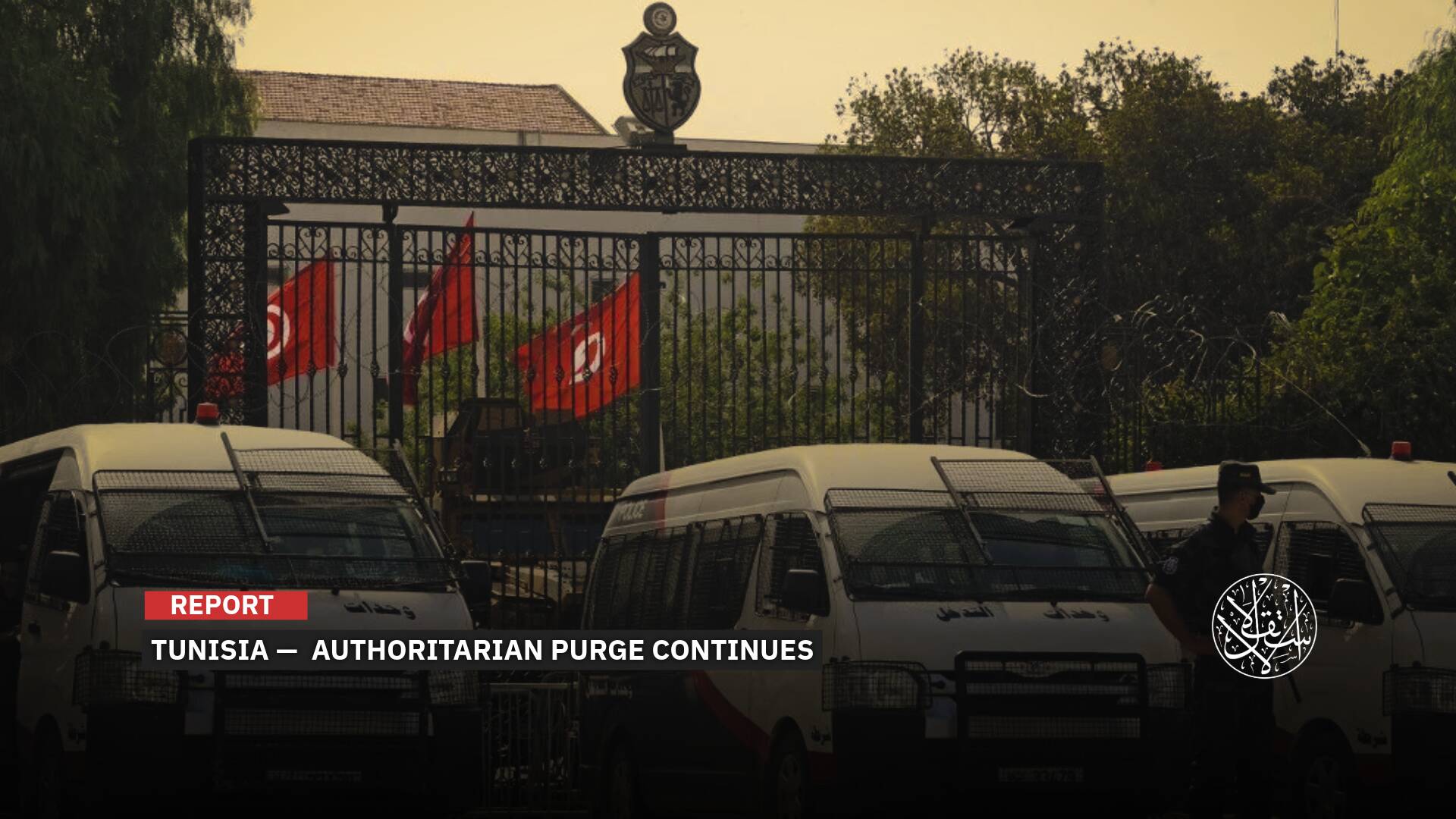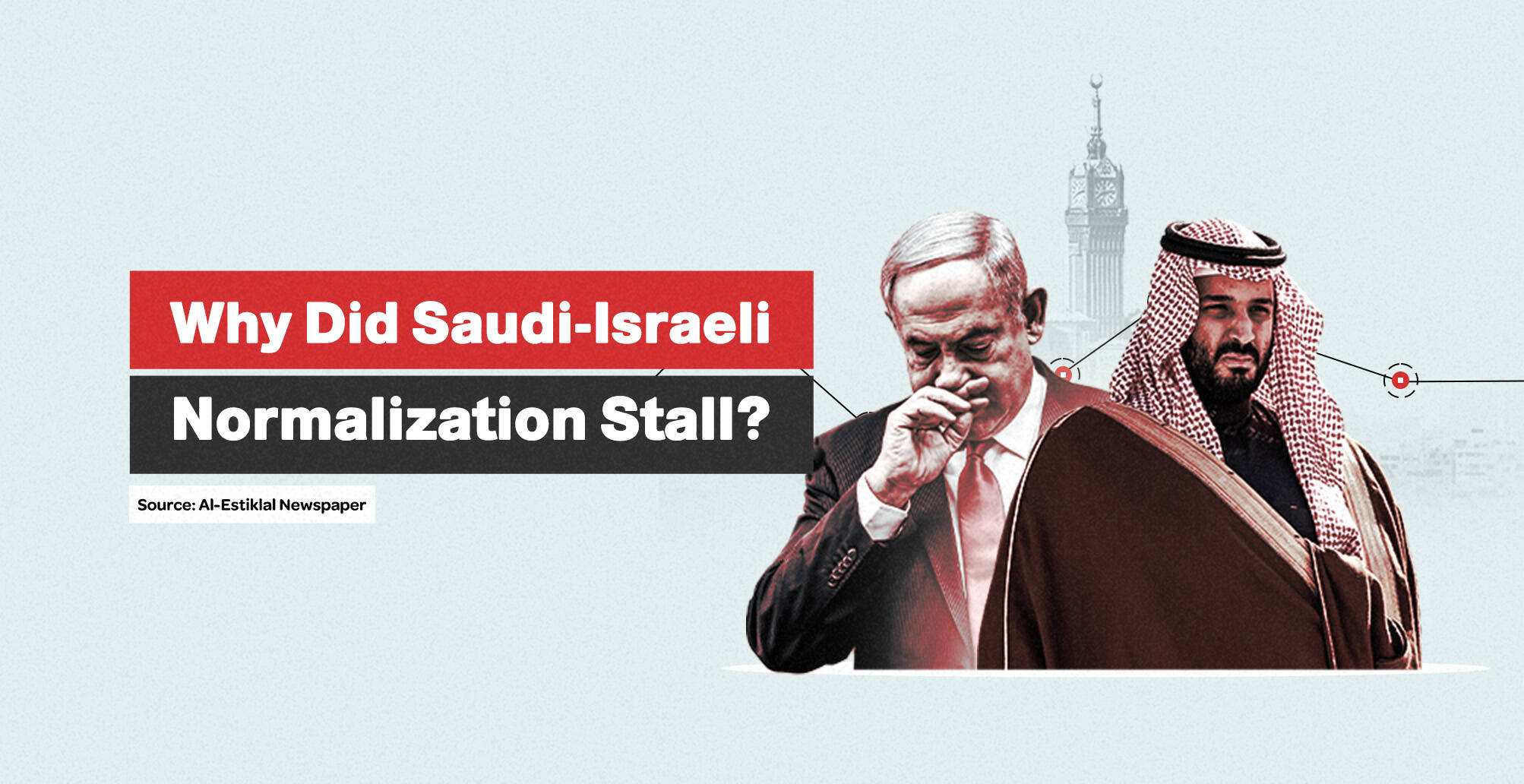‘Zero-Day Attack’ : How China Is Waging a Gray Zone Warfare to Reclaim Taiwan
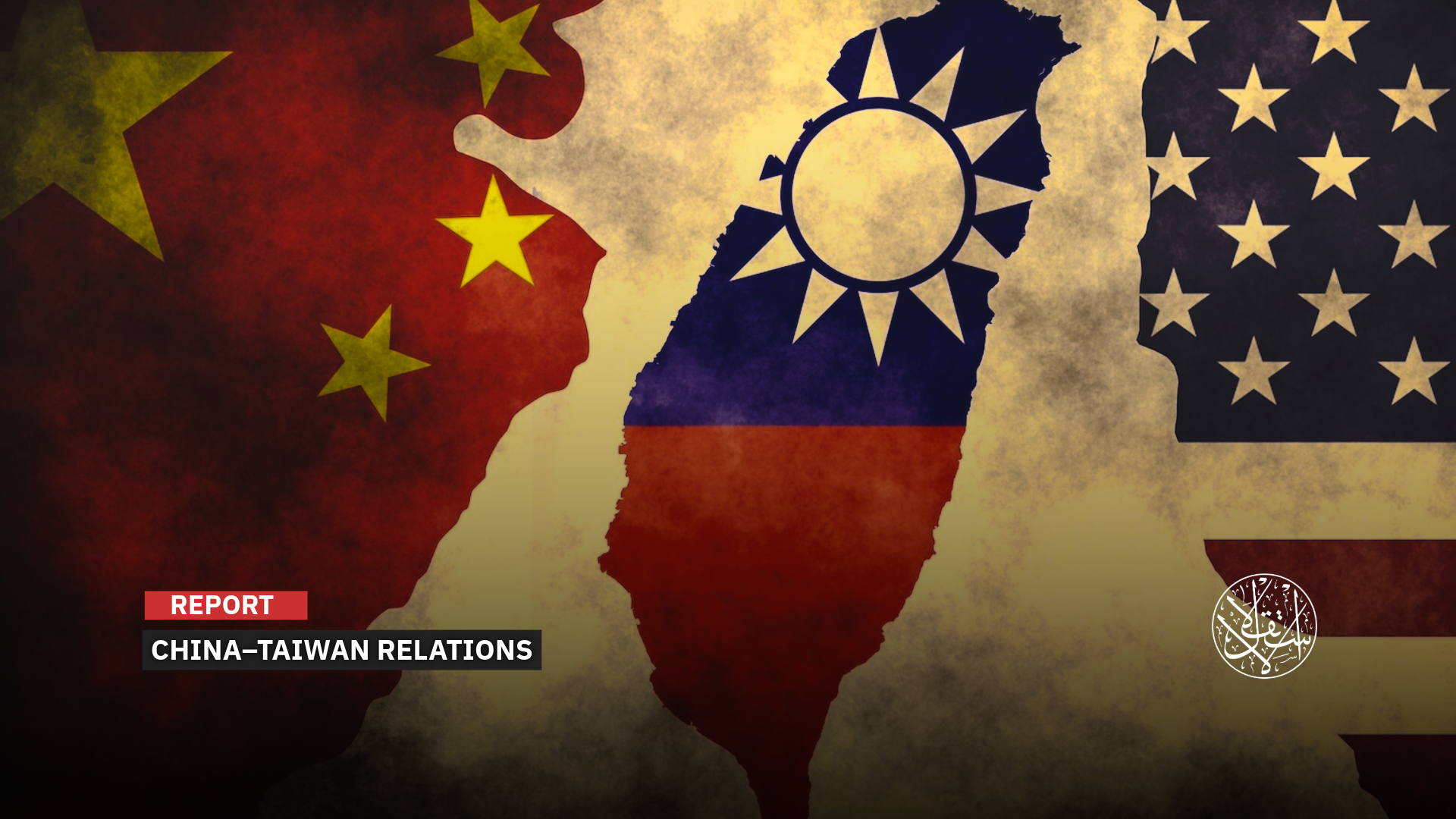
“Taiwan has recently appeared to be more serious about defending itself against a potential Chinese invasion.”
China views democratically-ruled Taiwan as its own and has intensified its military pressure around the island over the past five years, staging a series of intense military exercises and daily naval and air force patrols around the island.
In turn, Taiwan rejects China's sovereignty claims, and President Lai Ching-te says only the island's people can decide their own future.
Taiwan has recently appeared to be more serious about defending itself against a potential Chinese invasion.
Taipei recently extended its mandatory military service to a full year and increased its defense budget to purchase drones and anti-ship missiles, as its long-term focus shifts from heavy weapons and conventional warfare to more diverse and sophisticated defense strategies.
This year's Taipei drills also simulated a potential Chinese attack by 2027, the same timeframe cited by U.S. Defense Department officials.
For more than four decades, the annual Han Kuang exercises have simulated a Chinese invasion, often ending after five tense days with a virtual victory for Taiwanese forces.
But as the nature of the potential conflict has evolved, the key question has become whether Taiwanese forces can hold out long enough for the U.S. to intervene to save them.
For its part, the U.S. has long pursued a policy of strategic ambiguity, whereby it does not say whether it will defend Taiwan against a potential Chinese invasion.
Former US President Joe Biden broke with his predecessors on the issue on four occasions, saying the U.S. would intervene, while current President Donald Trump has followed other presidents in refusing to say what he would do.
Sensitive Issue
In a recent interview with Fox News, Trump said that Chinese President Xi Jinping had told him there was no intention of reclaiming Taiwan while he was in the White House.
Although Washington is Taiwan's main arms supplier and international backer, the U.S., like most countries, does not have formal diplomatic relations with the island.
While the Taiwanese government has yet to respond to Trump's remarks, a senior lawmaker from the ruling Democratic Progressive Party (DPP) said on August 16, “Taiwan is grateful for the support from our major ally.”
“However... security cannot rely solely on the promise of an enemy, nor on the help of friends. Strengthening our defense capabilities is essential,” wrote Wang Ting-Yu, a member of the Taiwanese parliament's defense and foreign affairs committee.
Recently, the Chinese embassy in Washington described Taiwan as the most important and sensitive issue in China-US relations.
In a statement, embassy spokesperson Liu Pengyu said, “The US government must adhere to the one-China principle and the three US-China joint communiques, as well as earnestly safeguard China-US relations and peace and stability across the Taiwan Strait.”
In April 2024, Admiral John Aquilino, then commander of the US Indo-Pacific Command, said that Chinese President Xi Jinping had ordered his military to be prepared if he were tasked with retaking Taiwan in 2027.
Despite speculation that China would invade Taiwan in the coming years, The National Interest magazine completely ruled out US involvement in the anticipated war, given the diplomatic, economic, and military foundations that define US-China relations.
Relations between Washington and Beijing are based on a firm understanding that Taiwan is part of China, as affirmed in the 1972 Shanghai Communiqué, which stated that all Chinese view Taiwan as part of one China, and that the U.S. does not oppose this position and supports a peaceful settlement.
The 1978 Joint Statement also recognized the government of the People's Republic of China as the sole legitimate authority, and Washington withdrew its diplomatic recognition of Taiwan in 1979.
In 1982, the U.S. pledged to gradually reduce arms sales to Taiwan, emphasizing the absence of a long-term policy to arm it.
Therefore, any forced Chinese takeover of Taiwan would leave the nature of the American response somewhat ambiguous.
The U.S. has no military treaty with Taiwan, and neither the Taiwan Relations Act nor any other federal law obligates the U.S. to defend it.
Currently, American priorities are focused on tensions in the Middle East and the war in Ukraine, where significant military resources are being allocated, reducing the likelihood of further US involvement in tensions in the Pacific.
In addition, the U.S. lacks the support of its key allies in the region, particularly Australia and Japan, which have refused to provide clear material support in the event of a conflict over Taiwan.

Chinese Threat
As Taiwan began its largest military exercises in years on July 9 to test its defense capabilities, it became clear that the preparations were no longer just a routine exercise, but rather an expression of strategic concern in light of China's multifaceted escalation.
This year's exercises mobilized the largest number of reservists—some 22,000 troops—and included, for the first time, Lockheed Martin's HIMARS artillery rocket systems, alongside Taiwan's Skysword surface-to-air missiles.
They also included civil defense drills aimed at reminding the 23 million population that the possibility of a Chinese invasion is real.
According to a well-informed political source, Taiwanese elites have become convinced that the Chinese threat has become a real possibility over the next decade.
Diplomatic sources in Taipei indicated that Beijing has intensified its naval and air maneuvers and expanded its use of unconventional warfare tools such as disinformation and cyber espionage.
Taiwanese officials believe these activities pose a threat that China's military maneuvers around the island could turn into an actual attack at any moment.
During the first three days of the exercises, Taiwanese forces trained to counter China's so-called ‘gray zone strategy’, which includes drones, news manipulation, and the recruitment of local groups to influence political, economic, and social life.
Western diplomatic sources believe that Beijing is moving toward imposing a new reality based on intimidating Taiwan and dismantling its trust without launching a full-scale war.
Polls show that most Taiwanese do not believe Beijing will attack imminently, and prefer the status quo in Taiwan's relationship with China, which means neither unifying with Beijing nor formally declaring independence.

Since assuming power, Taiwanese President Lai Ching-te has been keen to raise citizens' awareness of the danger of Chinese threats.
Observers believe that Taipei's recent expansion of military exercises aims to reassure allies, especially the U.S., of Taiwan's seriousness in defending itself.
For its part, the Chinese Ministry of Defense said that the annual Han Kuang exercises are nothing but a ruse.
“No matter what weapons are used, Taiwan cannot resist the sharp sword of the Chinese People's Liberation Army's war against independence,” said Defense Ministry spokesman Colonel Jiang Bin.
In a related development, Taiwan received the first batch of Altius-600M loitering munition systems from the U.S. on August 4.
The Altius-600M is a suicide drone with an endurance of up to four hours, allowing it to strike targets up to 400 kilometers away, providing the Taiwanese military with the ability to strike targets on the Chinese mainland.
Despite the threat of Chinese invasion looming for decades, the recently released 17-minute Zero Day Attack trailer has sparked debate and anxiety across Taiwan.
Despite the looming threat of a Chinese invasion for decades, the release of the television show ‘Zero-Day Attack’ has sparked controversy and concern across Taiwan.
The show was partially funded by the Taiwanese government, which hopes to raise awareness about the threat China poses.
It focuses on how various parts of Taiwanese society grapple with the invasion, from the president to rural villagers.
But it has also landed at a highly divisive moment in Taiwan and attracted criticism of fear-mongering.
Showrunner Chen Hsin-mei is concerned after the Communist Party's crackdown in Hong Kong.
She told the BBC that she wanted to make the show to warn the Taiwanese people that the war is really coming.
She noted China's rising use of disinformation campaigns and grey warfare to put our society in chaos and make us confused about our identity.
Political Movements
Voters in Taiwan rejected an attempt to oust 24 members of the opposition Kuomintang Party (KMT) in an election held on July 26, dampening the DPP hopes of rebalancing the parliamentary balance and regaining its legislative majority.
Seven other opposition party members will face a similar vote on August 23. If the results also go against the ruling party, President Lai Ching-te's policies will face stiff resistance in parliament ahead of the next 2028 elections.
The ruling independence-leaning DPP won last year's presidential election, but the pro-China Nationalists (KMT) and the Taiwan People's Party (TPP) hold enough seats to form a majority bloc (60 of the 113 seats).
Since then, the opposition has flexed its muscles to pass laws opposed by the government, as well as to cut budgets, complicating the ruling party's efforts to increase defense spending.
This issue is a topic of discussion with the Donald Trump administration, which has urged Taiwan to increase military spending from 2.5% to 10% of GDP.
Although Prime Minister Cho Jung-tai has described this increase as impossible, Lai Ching-te has pledged to spend the equivalent of 3% of GDP this year, aiming to appease Washington's demands and anger Beijing.
The Taiwanese government reported that the recent vote, the largest parliamentary impeachment in the island's history, faced unprecedented electoral interference from China.
Authorities in Taipei said that Beijing is clearly trying to interfere in its democracy, stressing that the decision to impeach or retain representatives is a matter for the Taiwanese people alone.
These political moves come as China is escalating its military and diplomatic pressure on Taiwan, attempting to assert its territorial claims, which Lai Ching-te and his government reject.
Despite his repeated calls for dialogue with Beijing, these calls have been rejected by China, which describes Lai Ching-te as a separatist.
The groups calling for the removal of the KMT deputies describe themselves as an anti-communist movement and accuse the opposition party of betraying Taiwan by sending deputies to China, failing to support the defense budget, and fomenting chaos in parliament.
The opposition party has denied these accusations, accusing President Lai Ching-te of imposing a dictatorship.

Strategic Ambiguity
Western diplomatic sources revealed that Washington is relying on a policy of constructive ambiguity, meaning it does not announce its intention to intervene militarily.
But it maintains its military and political support and is keen to send messages to Beijing that an invasion will not pass without consequences.
Despite the absence of a formal defense treaty or full diplomatic relations, the U.S. remains the primary arms supplier.
US sources have indicated new arms deals, including fighter jets, anti-ship missiles, and electronic warfare technology, but they face challenges due to production delays and internal budget debates.
Conversely, Taiwanese security sources indicated that the military is seeking to modernize its capabilities, including developing a domestic submarine fleet and purchasing drones and air defense systems, acknowledging that slow deliveries and political disagreements have slowed these efforts.
This year witnessed controversy after a freeze on financial allocations in Taiwan's parliament, which postponed some vital projects.
On the other hand, diplomatic sources in Tokyo and Seoul believe that a Chinese strike on Taiwan could be accompanied by attacks on US bases in Japan and South Korea, potentially turning the conflict into a regional war.
American politicians believe that Taiwan would not survive alone in a large-scale war, as a blockade or the denial of supplies would make US military intervention inevitable, whether by breaking the blockade, providing air cover, or managing supply operations.
However, they noted that this would require prior preparation and precise military coordination, something that Taiwanese political figures lack in the current relationship.
They pointed out that there is no direct military communications network or joint training, making coordination in an emergency extremely complex.

Ultimately, decision-makers in Washington believe that Taiwan's fall would not only change the face of Asia but would also shake the international order.
Protecting Taiwan is not just a matter of geography or sovereignty, but also a matter of U.S. prestige, global technological stability, and a balance of maritime and commercial security.
Therefore, the time remaining for preparation may be shorter than it seems, and scenarios drawn up behind closed doors may suddenly become reality.
Sources
- Taiwan: Clashes with the opposition and uncertainties with the US, the Lai administration is under pressure [Analysis]
- Why a War over Taiwan Is Not in the US Interest [Analysis]
- Propaganda or fair warning? Taiwanese TV show imagines Chinese invasion
- US demands to know what allies would do in event of war over Taiwan
- Republic of China Army Receives First ‘Kamikaze’ Drones From U.S.: Can They Threaten the Mainland? [Analysis]



